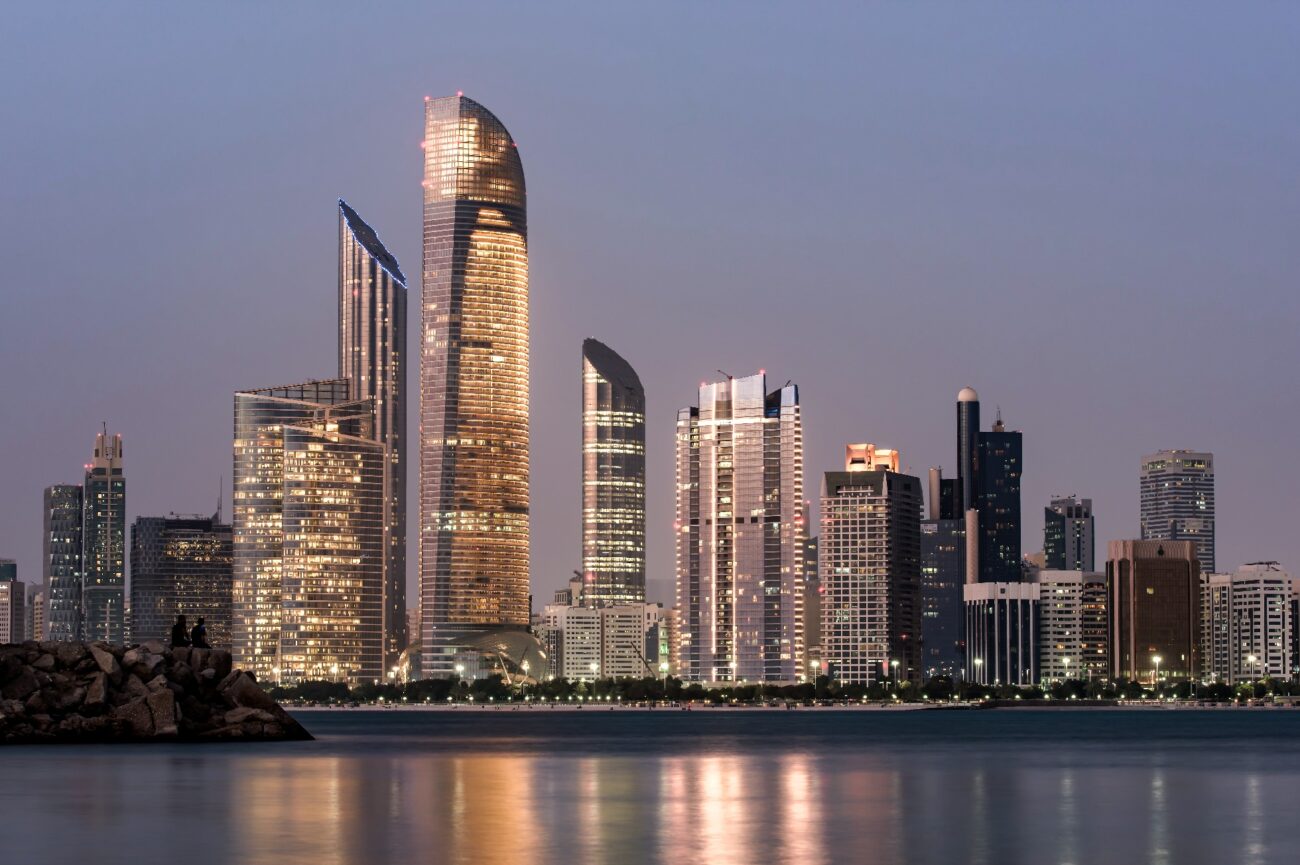Caribbean receives Abu Dhabi fund of over $30 million for renewable energy projects
Despite the strains COVID-19 has caused economies the past year, the Abu Dhabi Fund for Development was able to complete almost $32 million worth of renewable energy projects in the island nations.
14.38MW have been injected to the electric grids of five partner countries, including Cuba, Somaliland, the Bahamas, Barbados, and Saint Vincent and the Grenadines, according to a report. These were made in the effort of reducing their carbon footprint.
Mohammad Saif Al Suwaidi, Director-General of ADFD, tells reporters that they have doubled their efforts to ensure the delivery of the projects in spite of the pandemic.
“The aim was to help them maintain their economic and social-development trajectories by enabling them to meet developmental challenges during the pandemic. These projects also underscored the Fund’s preparedness and ability to deal with any difficulties,” he later states.
“Renewable projects remain high on our agenda as their impact is felt on multiple levels, from commerce to the environment,” the director-general added as per a report published in the UAE. “The turbulence in 2020 forced us to focus on what really matters, while it made all of us realise the value of partnership and cooperation.”
The Abu Dhabi fund also delivers its support through the $50 million UAE-Caribbean Renewable Energy Fund, which goal is to deliver renewable energy projects across the 16 Caribbean island nations. The fund was established to reduce the reliance on fossil-fuel imports, expand energy access and improve climate change resilience.
UAE-CREF was launched in 2017 and is the largest renewable energy initiative of its kind in the Caribbean.
Under the seventh cycle of its partnership with the International Renewable Energy Agency (IRENA), ADFD announced a budget of almost $104.5 million to several renewable-energy initiatives in January of last year.
The fund also signed three contractual loans with the West African nations of Togo, Niger and Liberia worth $3 million. Last July, a waste-to-energy project they financed in the Maldives earned a certification from Global Innovation Institute (GINI), an international membership association in the innovation industry.



